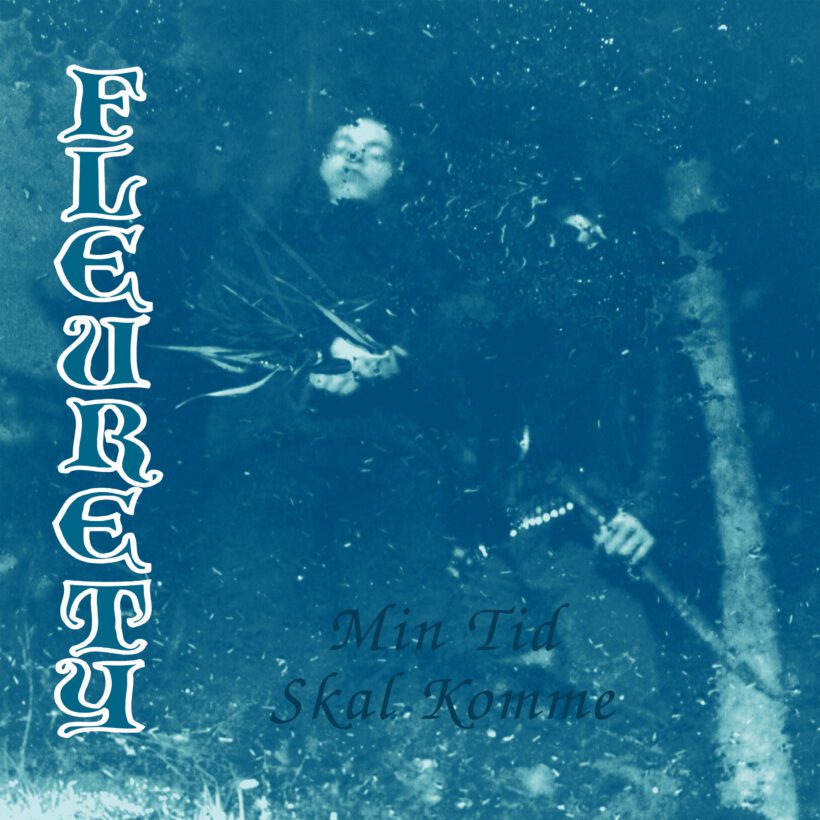
Their Time Has Come
The Making of Fleurety’s Min tid skal komme
When Norwegian black metal’s “weirdification”—a turn-of-the-millennium dismissal of the second wave’s rule-heavy conservatism by its own practitioners (yes, even Mayhem)—is referenced, we often hear about the “heavy hitters.” Ved Buens Ende, Solefald, Arcturus… all fell victim to modernity’s beck and call, and with a Cardiacs-like whimsy did these artists completely abandon black metal in favor of LED lights and something between spasmodic melodicism and deep atonality. That eventually made the way for the modern idea of “post-black metal” (not to be confused with the older and more traditional idea of “post-black metal,” now known as “avant-garde black metal,” which is more applicable here) championed by bands like Alcest and Deafheaven. The line isn’t direct, mind you, but no great adventure is defined by straight lines.
But how did we get here? Surely there is a missing link between De Mysteriis Dom Sathanas and The Linear Scaffold (and even Sunbather, if we look even further into the future), and it is with Ytre Enebakk, Norway natives Fleurety’s debut album that we find a semblance of connection through a more ethereal and dreamlike take on black metal, whose second wave had already come and gone by 1995—not that this band ever paid attention. Following a demo (Black Snow) and an EP (A Darker Shade of Evil), Fleurety’s bizarre, eagle-screeching take on black metal took the underground by storm, garnering them a placement in the genre-defining Misanthropy Records and a then-fledgling Aesthetic Death’s rosters.
Concentrating more on songwriting and long-form ideas, Min tid skal komme—released just a year after A Darker Shade of Evil—is a progressive epic, bridging the gap between 1992’s strictness and 1997’s oddball adventurousness, paving the way for modernity and a true creative spirit in black metal. Meandering through lengthy, majestic instrumentals and dark, nerdy avant-garde black metal, drummer and keyboard player Svein Egil “Zweizz” Hatlevik and guitarist Alexander Nordgaren—here joined by bassist Per Amund Solberg and guest vocalist (and, even later, pop star) Marian Aas Hansen—chose to turn black metal on its head and make something truly for musicians and connoisseurs alike. Having permanently damaged his voice using a singular, legend-making shriek on previous Fleurety releases, Nordgaren handed frontman duties to Hatlevik, resulting in a more subdued, emotive album, one which is paired with an equally as nuanced performance by the band as a whole. What makes Min tid skal komme special is that it straddles both black metal universes in a time of change—the riff-centered and aggressive nature of the past with the future’s uncertainty.
In totality, Min tid skal komme is meant to be a patient listen, one paired with nothing else but darkened surroundings, and we are very pleased to induct such a special record into our hallowed Hall of Fame. This is the unknown framework that leads us to the present, a black metal hero known to those who truly listen, and a reward for adventurers who look into the past for inspiration. Do yourself a favor and wait until there is a nice thunderstorm raging outside, then pair this album with your beverage of choice. We’re not judging.
Need more classic Fleurety? To read the entire seven-page story, featuring interviews with the members who performed on Min tid skal komme, purchase the print issue from our store, or digitally via our app for iPhone/iPad or Android.




